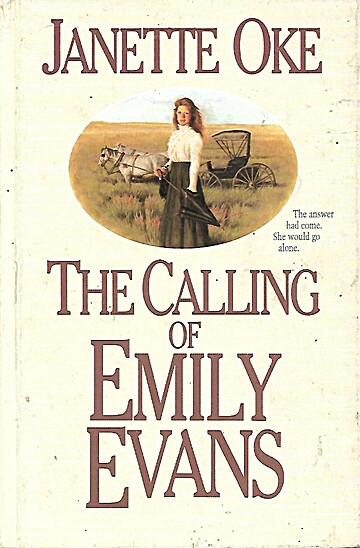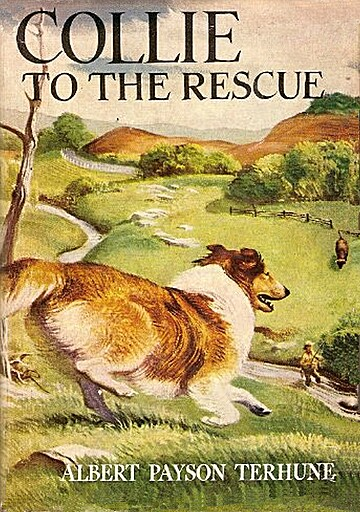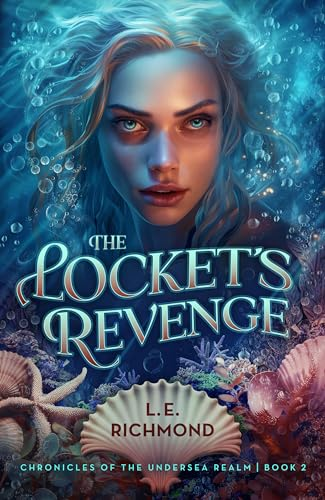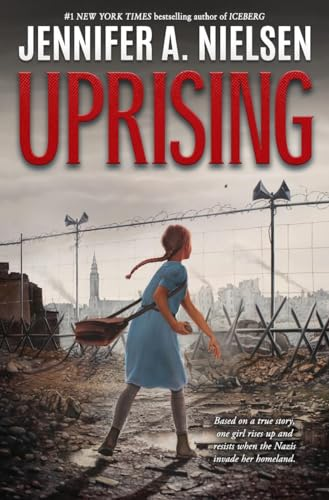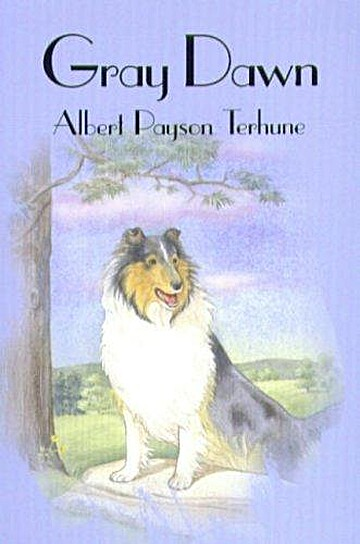Personal Reading
The Winds of Autumn
Winter is Not Forever
Spring's Gentle Promise
by Janette Oke
The second through fourth books in the "Seasons of the Heart" series. A delightful continuation of the story of this young man growing up. Joshua wrestles with teachings about evolution from his new schoolteacher, his attraction to the schoolteacher's daughter, bitterness towards a friend and God, and figuring out what God wants him to do with his life after graduation from high school. The audiobook narrator was pretty good. This series is right up there along with Janette Oke's Love Comes Softly series and When Calls The Heart series. I think one of the things I like so much about these series is that it puts characters through real-life struggles and shows how their faith in God and belief in Jesus affects how they react to those situations. Also, I like how she goes beyond the falling in love and courtship stages and shows how Christian marriages function in the face of real-life situations.
Daddy-Long-Legs
by Jean Webster
From the library description: Jerusha Abbott has grown up in the John Grier Home for orphans. As the oldest, she is in charge of the younger children. An anonymous benefactor on the Board, "Mr. Smith," decides to send her to college, as long as she writes to him faithfully detailing her education (without expecting him to reply). It's funny, witty, and sweet with a surprise ending (unless you pick up the clues). Content considerations: some 1912 attitudes that would be considered offensive today; also some mention of evolution as fact and a disregard of God by the main character.
The Annotated Alice
by Lewis Carroll
annotated by Martin Gardner, et. al.
Last month, I read The Wonderland Trials, which is a reimagining of Alice in Wonderland. That inspired me to read the original and its sequel, Through the Looking-Glass. This annotated version was invaluable in explaining the idioms, word-plays, and parodies of poems & songs that would have been familiar to the story's original Victorian-era readers, as well as explaining the history of the origins of the story and its illustrations. I now understand and enjoy these stories, and that, in turn, made me thoroughly enjoy a re-reading of The Wonderland Trials.
The Looking-Glass Illusion
by Sara Ella
The continuation and conclusion of The Wonderland Trials. It was a really enjoyable read, after having read the original Alice in Wonderland tales. The references and allusions and even direct quotes would have been lost on me if I hadn't read the original first. Very engaging. Deals with themes of friendship, loyalty, dealing with past hurts, and facing what you fear most. I may have stayed up way too late to finish this one night. Content considerations: some monsters, dangers, and "sweet" romantic elements.
Mothering by the Book
by Jennifer Pepito
The subtitle is "The Power of Reading Aloud to Overcome Fear and Recapture Joy." From the library description: Homeschool mom Jennifer Pepito was letting fear and insecurity push her around, but then she recaptured her confidence as a mom within the pages of classic literature like The Hiding Place and Pride and Prejudice. This inspiring read takes you on a fascinating and whimsical journey that will bring freedom and fun to your parenting-one book at a time. There were a lot of good quotes, especially in the first few chapters. I had to remind myself that I couldn't go underlining and marking things because this was a library copy. Good stuff about giving kids freedom to learn and explore and be who God made them to be without pressuring them to compete with an artificial standard. The author talks a lot about fear ruling her life, which was kind of interesting because I was reading The Looking-Glass Illusion at the same time (which deals with facing your fears). However, she focused on fear so much that I started to lose connection with her. I realize that I do have fears and that sometimes they have influenced my decisions, but I had trouble relating to the overwhelming and paralyzing fears that the author seemed to be constantly struggling with.
Get Out of Your Head
by Jennie Allen
This book was quoted in Mothering By the Book. It's focus is on how to "take every thought captive," starting with the simple interrupting thought "I have a choice [in what to think]." This was very helpful to me.
Newbery Medal Books
Daniel Boone
by James Daugherty
A good introductory biography of Daniel Boone. It's got more text than typical picture books, but it's not as long and detailed as a full-length biography. Some of the pictures could be a little scary or immodest. Recommended for upper-elementary or middle school.
Genre: Biography. 1940 Newbery Medal winner.
Middle Grade Fiction
The Hotel Balazaar
by Kate DiCamillo
From the library description:
At the Hotel Balzaar, Marta's mother rises before the sun, puts on her uniform, and instructs Marta to roam as she will but quietly, invisibly like a little mouse. While her mother cleans rooms, Marta slips down the back staircase to the grand lobby to chat with the bellman, study the painting of an angel's wing over the fireplace, and watch a cat chase a mouse around the face of the grandfather clock, all the while dreaming of the return of her soldier father, who has gone missing. One day, a mysterious countess with a parrot checks in, promising a story--in fact, seven stories in all, each to be told in its proper order. As the stories unfold, Marta begins to wonder: could the secret to her father's disappearance lie in the countess's tales? A delightful story, a quick read.
Dream Keeper Saga
by Kathyrn Butler
Book 1: The Dragon and the Stone
Book 2: The Prince and the Blight
Book 3: Lost in the Caverns
Book 4: The Quest for the Guardians
Twelve-year-old Lily discovers a stone pendant and is transported to a realm where people's dreams come to life. This series mixes fantasy with Christian themes of faith, sacrifice, salvation, and redemption. Kind of like Chronicles of Narnia, with characters from this world being pulled into the other world, and with a Christ-like figure appearing and disappearing (a unicorn named Pax instead of a lion named Aslan). But these are longer (~400 pages each), scarier (monsters & nightmares), in a different setting (the "Solnium Realm"), and though there are lots of advanced vocabulary words, it definitely doesn't compare with the writing style of C. S. Lewis (but who can?). There are multiple scenes in each book where the characters are in a dangerous situation and need to flee, but someone is about to be left behind, so there ensues a several-pages long dialog about "Come on, we need to go! No, wait, we can't leave so-and-so. We just can't! We have to go back!" It got a bit repetitive and annoying. Middle grade readers who are not super-sensitive (who don't imagine monsters under the bed and aren't bothered by creepy Halloween decorations) might enjoy the stories, and I did too, at first, but by the third book I started losing interest. My 12-year-old said it was scarier than Wingfeather Saga and that it wasn't a book she wanted to read right before bedtime.
Young Adult Fiction
The Eternity Gate
The Immortal Abyss
by Katherine Briggs
From the publisher's description of the first book: Seyo, handmaiden to the princess, keeps three secrets. First, she’s gifted in fire, not light, and may as well be cursed. Second, she translates a prophecy warning that the gate does not offer treasure but judgment. Third, Jorai, the scorned prince and Seyo’s confidant, entrusts her with the key and disappears. Surrounded by war, Seyo and her companions embark on a journey to seek help from a faraway empire and find Jorai, unaware of the trap awaiting them. But what should Seyo do with the key? Who can survive judgment, especially someone as flawed as her? Will hiding the key—or destroying it—save her people or ensure their defeat?
This duology (series of 2 books) is at the edge of my comfort level in fantasy novels -- just the mental work to try to make sense of their world. The second book seemed to take a little longer than the first one to start explaining things. Both stories were intriguing and kept me up way too late trying to finish them. Both stories would benefit from a second reading to untangle the intricacies of plot and character. Both stories left me with unanswered questions about the backgrounds and motives and actions of some of the characters. Both books have echoes of Biblical themes: you don't have to be perfect to be loved by and to be useful to the one true God, the deity taking on himself the curse in order to free his people from it, one nation gifted with the responsibility to make the one true God known to the other nations, etc.
Content considerations: there's a certain level of violence because the kingdoms are at war (I didn't think it was graphic); there's some hints of potential romantic interest between some characters (but not kissing or anything declared beyond friendship). They have their own fantasy deities (priestesses, temple, rituals, prophecies) and some of their worship seems to resemble Catholicism and the feeling that one must be good enough, offer enough prayers, do penance, etc. to gain favor with the deity.
Read Aloud
Wilderness Pioneer
by Carol Hoff
A biography of Stephen F. Austin. It seemed easier to read through and more interesting this second time that I read it out loud to the kids. Makes me admire Austin more every time I read it.
The Enigma Girls
by Candace Fleming
The subtitle of the book is "How Ten Teenagers Broke Ciphers, Kept Secrets, and Helped Win World War II." This was an excellent non-fiction book describing the top-secret work at Bletchley Park in England to break the Nazi's coded messages (using a machine called the Enigma Machine). The audiobook narrator was excellent, but you should get the print version too for the pictures. Highly recommended!
























